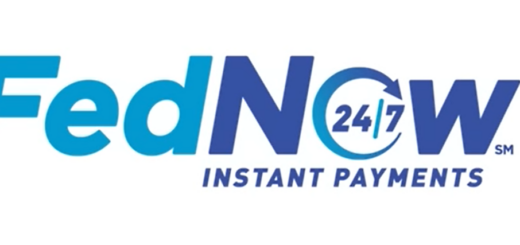5 Things to Know About Severance Pay

Part of being a human resources manager is dealing with employees who need to be or have just been terminated by your company. It’s your responsibility to clearly explain the situation and have the discharged employee sign any closing paperwork before sending them out the door.
While most of this scenario may be uncomfortable, you can deliver some good news. If offered by the company, you can inform the employee of their severance pay or package.
What is a severance package?
A severance package grants a dismissed employee continued pay based on the amount of time they were with your company. The package often includes continued company-sponsored health insurance. It provides some financial relief to the individual as they embark on their next employment opportunity.
How does payment work, and how long do you provide severance pay?
Generally, offer one or two weeks of severance pay for each year the employee worked for the company. You’ll give them their standard rate paid in one lump sum, over a certain number of weeks, or in whatever manner the company policy dictates. Health insurance typically works the same way, where you provide coverage based on how many years the employee worked for you. You may also include unused vacation time, sick days, and personal days can in the package.
What’s the catch?
Besides offering financial help to long-time employees, severance packages can also help the company protect itself. Severance pay is often contingent on the worker signing a legal agreement not to sue the employer or share disparaging remarks in public.
Is a severance package required?
According to the Fair Labor Standards Act (FLSA), a company is not legally required to offer severance packages. If your company deems severance pay is financially viable and necessary to offer departing employees, start by clearly defining the details of the package before implementing it.
Who qualifies for severance pay?
You do not have to offer severance pay to your entire employee base. It’s common for the benefit to only apply to salaried workers. It’s also important to consider negotiating power. There can be some wiggle room with severance packages, especially for employees who have been with the company for a long time. Some employees may be facing unique circumstances, prompting them to ask for additional severance or adjusted pay periods.
As the law does not require severance pay, you have some flexibility in disbursing it. Just be sure the policy is consistent and fair to all employees. If your company is laying off part of your staff due to downsizing, have a flawless severance policy in place.
Rely on Workful’s payroll software to take care of employee payments of any type. Whether you’re paying your workers hourly, salary, or by severance, our online system will process payments accurately and timely. You can add or remove workers from the database in an instant and run payroll in a matter of minutes.


